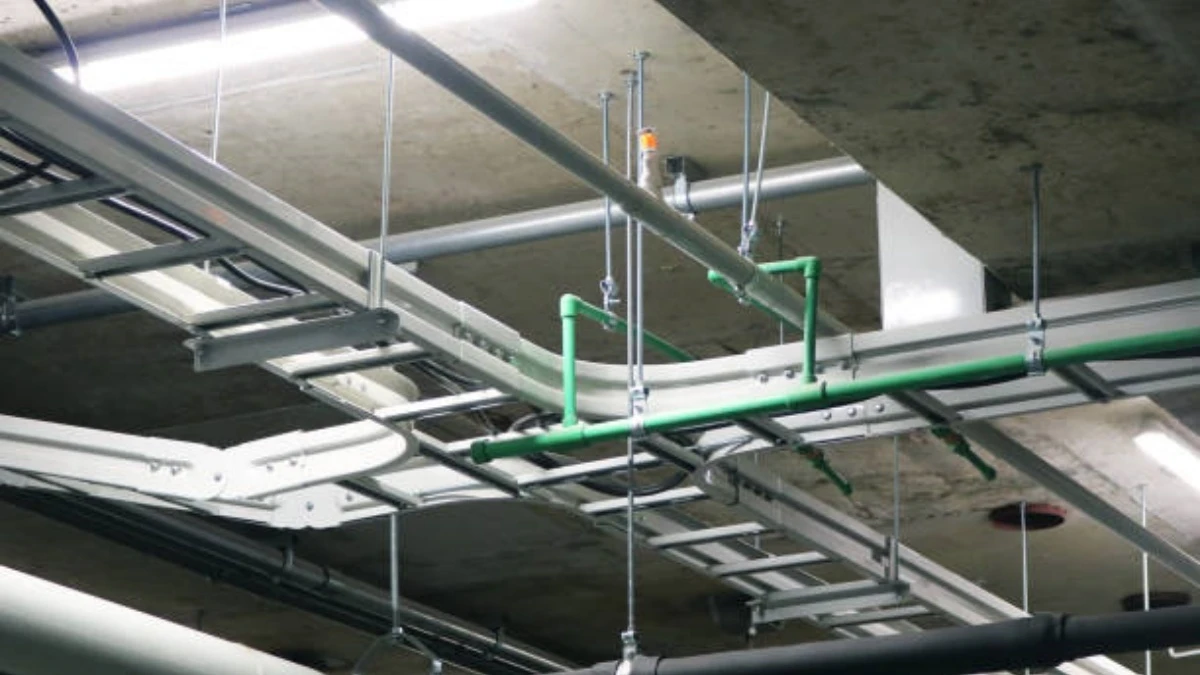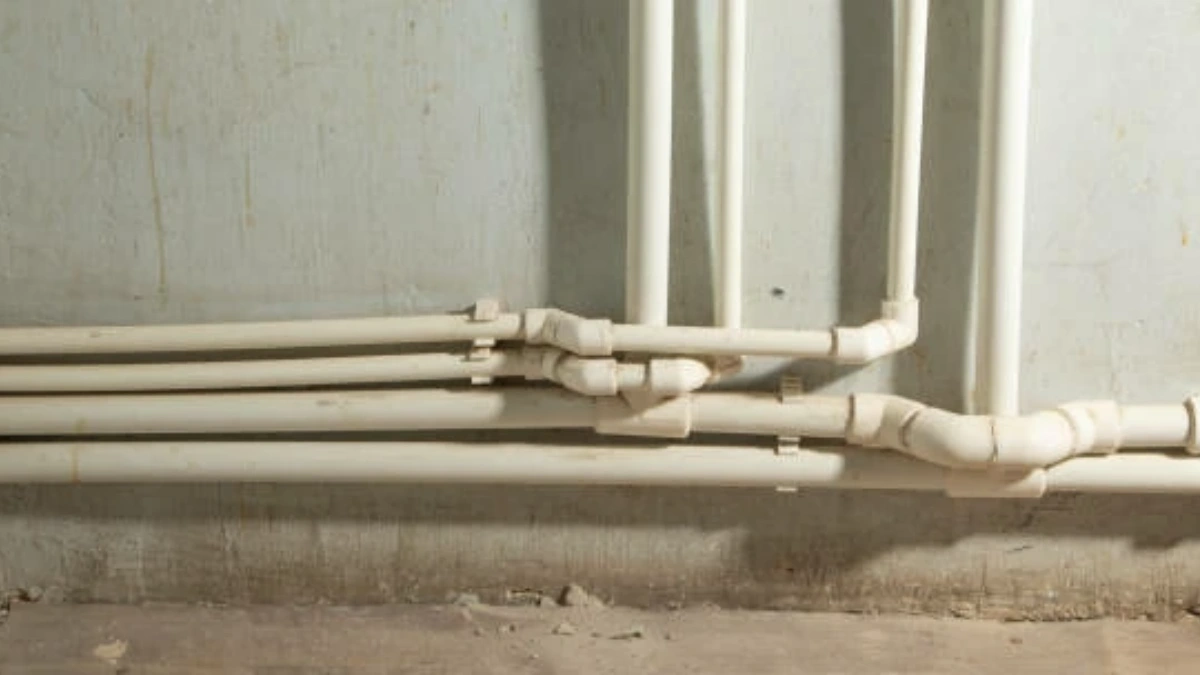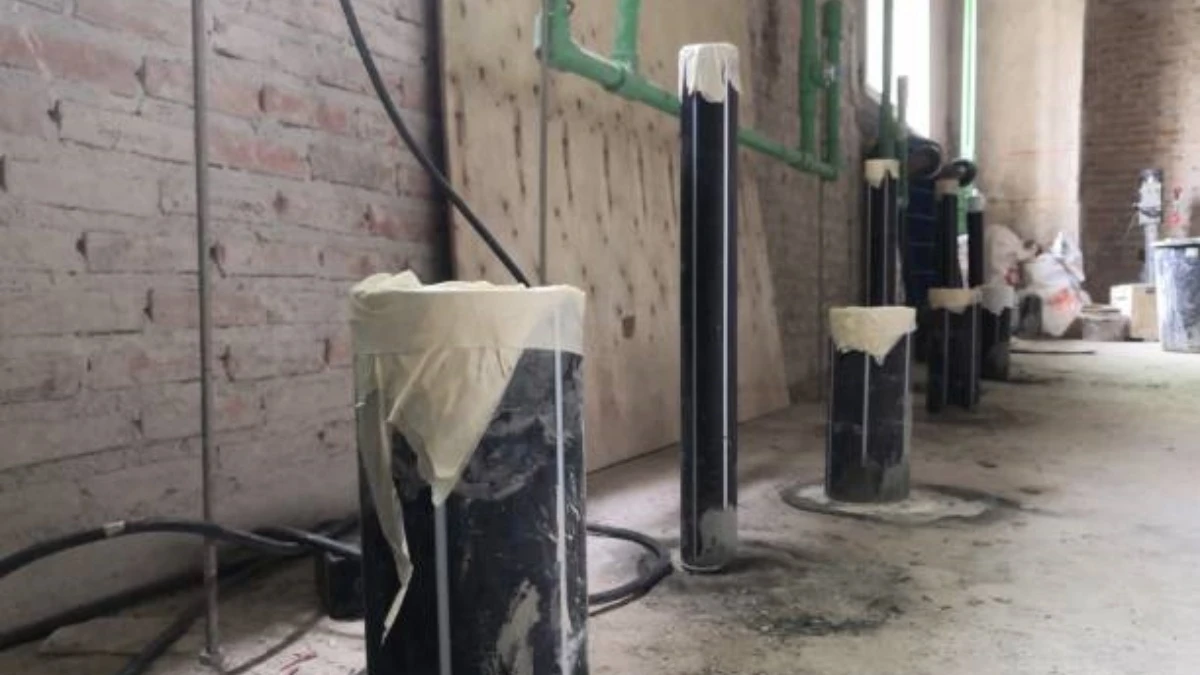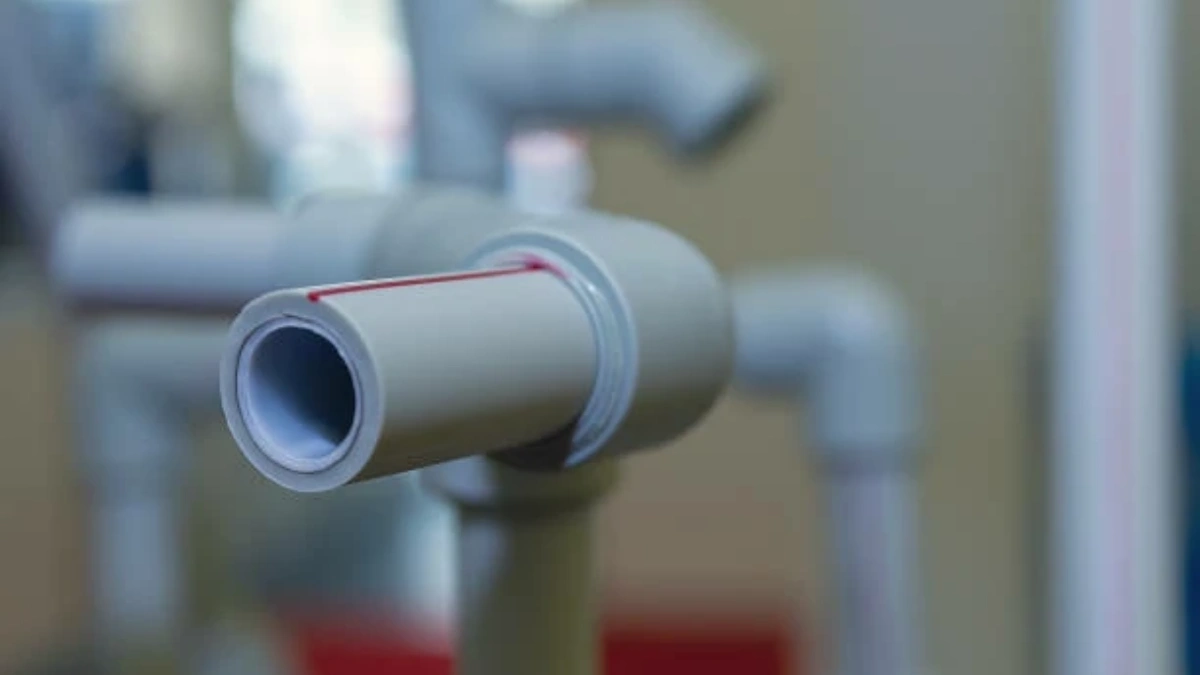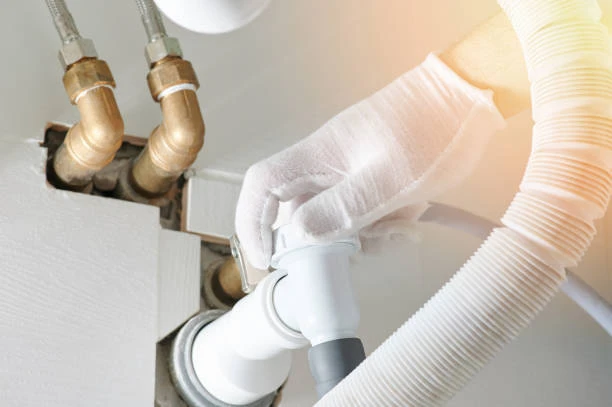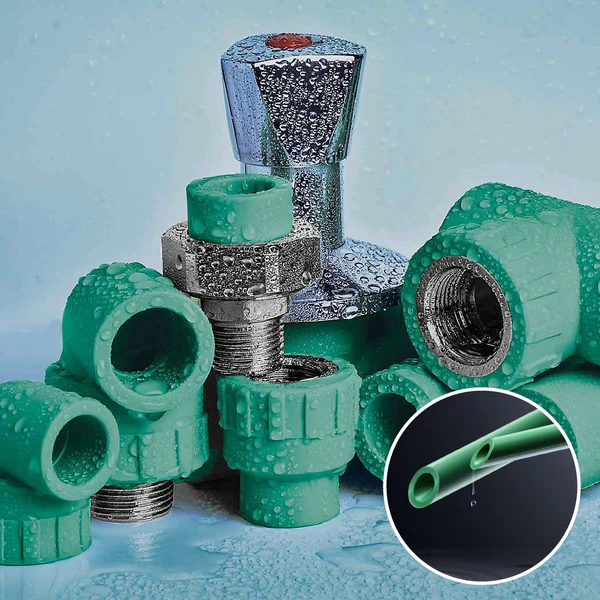In a groundbreaking development for the chemical industry, IMI has announced its supply of valves for the world’s first net-zero carbon emissions ethylene cracker. This innovative project represents a significant leap toward sustainable manufacturing practices, aligning with global efforts to combat climate change. In this article, we will explore the importance of valves in industrial applications, the specifics of the ethylene cracker project, and the broader implications for the future of chemical processing.
Understanding Valves in Industrial Applications
Valves are essential components in various industrial processes, controlling the flow of fluids, gases, and slurries. They play a crucial role in ensuring operational efficiency, safety, and environmental compliance. In the context of an ethylene cracker, valves are vital for managing the high pressures and temperatures associated with cracking hydrocarbons into ethylene, a key building block in the production of plastics and other materials.
Types of Valves Used in Ethylene Crackers
- Gate Valves: These valves are typically useful in on/off applications where minimal pressure drop is necessary. They provide a straight-through path for fluid flow and are crucial in maintaining flow control in ethylene production.
- Globe Valves: Known for their ability to regulate flow, globe valves are essential for controlling the flow rate of the ethylene stream. They are design to provide a tight seal and are suitable for high-pressure applications.
- Ball Valves: Ball valves are favor for their quick operation and reliability. They are useful in systems where fast shut-off is required, ensuring that the ethylene cracker can operate safely and efficiently.
- Check Valves: These valves prevent backflow in the system, which is critical in maintaining the integrity of the ethylene cracking process. They ensure that the flow direction is maintain and that no backpressure causes operational issues.
- Pressure Relief Valves: Safety is paramount in chemical processing. Pressure relief valves protect the system from overpressure conditions, preventing potential hazards during operation.
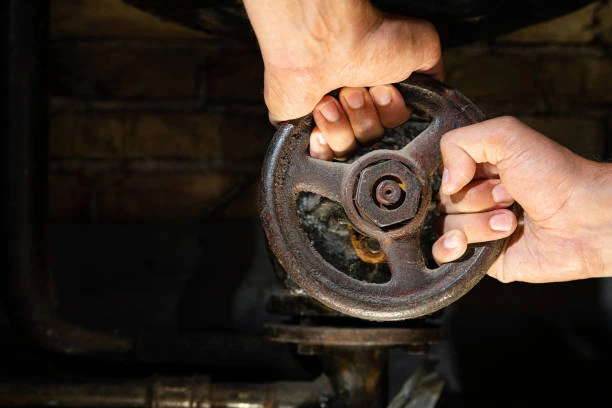
The Significance of the Net-zero Carbon Emissions Ethylene Cracker
The ethylene cracker project, spearheade by industry leaders, aims to revolutionize how ethylene is produced. By achieving net-zero carbon emissions, this facility sets a precedent for sustainable practices in chemical manufacturing. The significance of this project extends beyond environmental benefits; it showcases a commitment to innovation, technology, and the future of the industry.
How the Ethylene Cracker Achieves Net-zero Emissions
Achieving net-zero carbon emissions in an ethylene cracker involves several strategies:
- Utilization of Renewable Energy: The facility will be powered by renewable energy sources, significantly reducing the carbon footprint associated with traditional fossil fuels.
- Carbon Capture and Storage (CCS): Implementing advanced CCS technologies allows the facility to capture and store CO2 emissions before they enter the atmosphere. This technology plays a pivotal role in mitigating environmental impact.
- Sustainable Feedstocks: The project emphasizes the use of sustainable feedstocks, such as bio-based materials, which have a lower carbon footprint compared to conventional hydrocarbons.
- Efficient Process Design: The design of the ethylene cracker incorporates innovative technologies that optimize energy efficiency, reducing overall emissions throughout the production process.
The Role of IMI Valves in Sustainable Ethylene Production
IMI’s supply of valves to the ethylene cracker project highlights the company’s commitment to supporting sustainable initiatives within the chemical industry. The valves provided are engineere to meet the rigorous demands of high-temperature and high-pressure environments while ensuring minimal environmental impact.
Innovative Valve Solutions
IMI is known for its cutting-edge valve technology, which includes features such as:
- Smart Valve Technology: Integration of IoT and smart technologies enables real-time monitoring and control. Which optimizing the performance of the ethylene cracker and reducing emissions.
- Durability and Reliability: IMI valve are design for longevity and reliability, ensuring consistent operation and minimizing the need for maintenance or replacement.
- Custom Solutions: IMI works closely with project engineers to develop tailored valve solutions that meet the specific requirements of the ethylene cracking process. Which ensuring optimal performance.
Implications for the Future of Chemical Processing
The successful implementation of a net-zero carbon emissions ethylene cracker could serve as a blueprint for future chemical processing facilities. As the industry faces increasing pressure to reduce its environmental impact, this project demonstrates that sustainability is achievable through innovation and collaboration.
Industry-wide Adoption of Sustainable Practices
- Regulatory Compliance:
As governments worldwide implement stricter environmental regulations, facilities that adopt sustainable practices will be better positioned to comply with these laws, avoiding potential penalties. - Investor Interest:
Sustainable projects are attracting increased interest from investors who are keen to support environmentally responsible initiatives. This trend is likely to drive further investment in green technologies within the chemical sector. - Consumer Demand:
As consumers become more environmentally conscious, there is a growing demand for products made from sustainable processes. Companies that lead in sustainability will likely gain a competitive advantage in the market.
Conclusion
IMI’s supply of valve to the world’s first net-zero carbon emissions ethylene cracker marks a significant milestone in the journey toward sustainable chemical manufacturing. By integrating innovative valve solutions and adopting environmentally responsible practices. This project not only advances the ethylene production process but also sets a standard for the industry as a whole. As we move toward a more sustainable future. Which the role of valves in ensuring efficient and responsible chemical processing cannot be understate.
FAQs
1. What are the main types of valve used in ethylene crackers?
The main types of valves include gate valve, globe valves, ball valves, check valves, and pressure relief valves, each serving a specific function in the cracking process.
2. How does the ethylene cracker achieve net-zero carbon emissions?
The cracker achieves net-zero emissions through renewable energy use, carbon capture and storage, sustainable feedstocks, and efficient process design.
3. What role does IMI play in this project?
IMI supplies advanced valve solutions that support the operational efficiency and environmental sustainability of the ethylene cracker.
4. Why are valves important in industrial processes?
Valve control the flow of fluids and gases, ensuring safety, efficiency, and compliance with environmental standards in industrial operations.
5. What are the benefits of using smart valve technology?
Smart valve technology allows for real-time monitoring and control, optimizing performance and reducing emissions in industrial processes.








